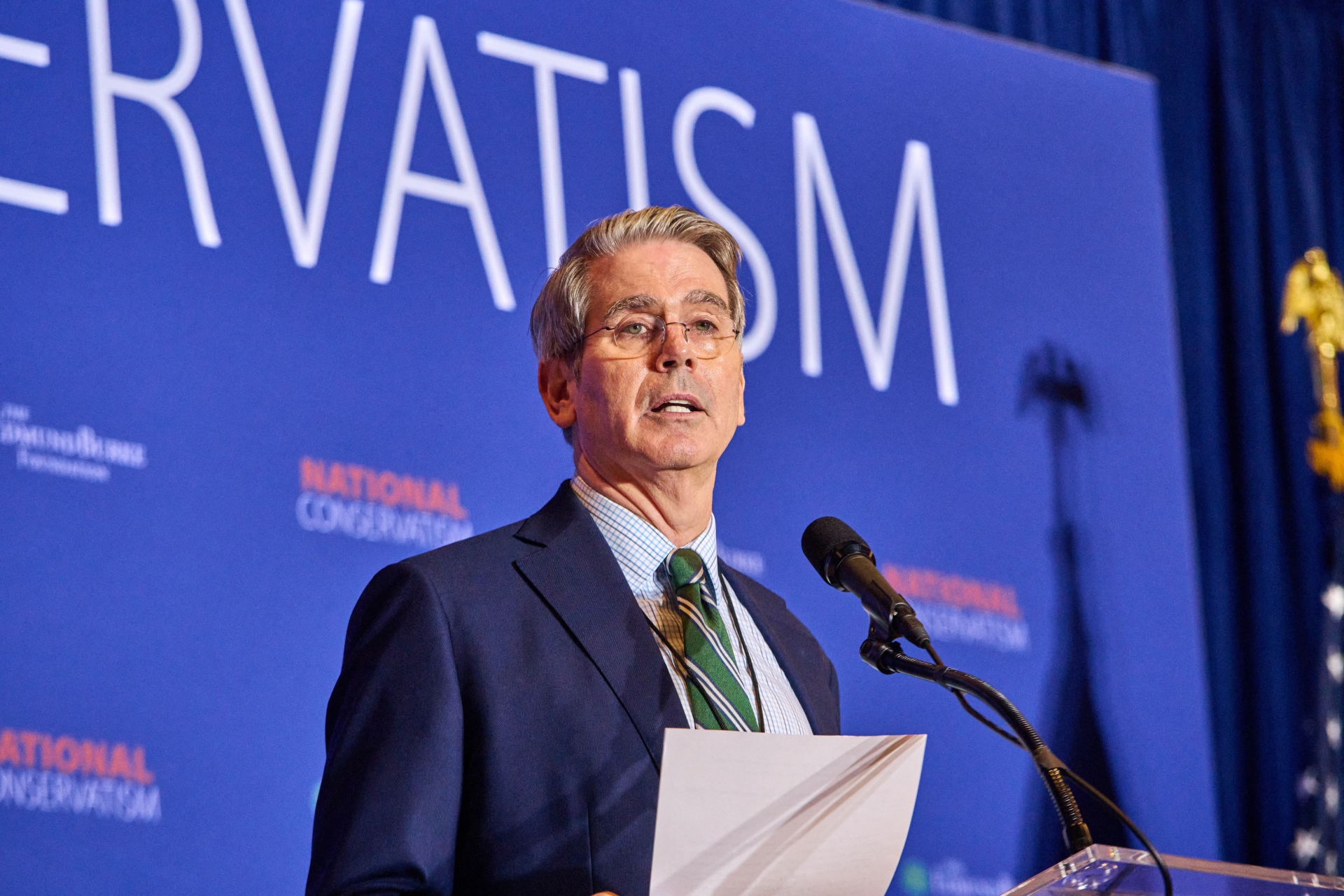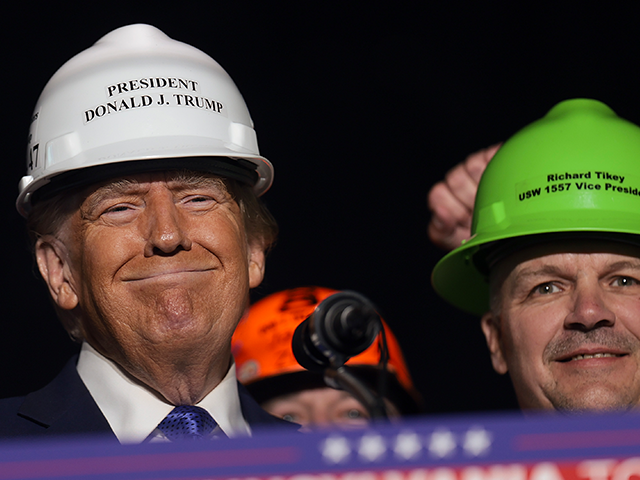Trump’s Election Is a Moment of National Unity
It’s rare that a democratic election produces the kind of political unity we see in the wake of the 2024 election.
The Republican Party not only was elected into control of the White House, the House of Representatives, and the U.S. Senate, it will also control the majority of state governments. In a note published on Tuesday, Bank of America strategist Jared Woodard points out that this is only the sixth time since 1934 that one party holds the majority in state and federal governments.
Add to that the comfortable majority of Republican-appointees to the Supreme Court and we may be in an unprecedented moment of national political unity. Perhaps not surprisingly, the legacy media continues to describe the election as divisive and the Republican campaigns as rooted in darkness and anger—despite the fact that GOP candidates were propelled to victory by a surge of hopefulness about the future.
We are more convinced than we were before the election that economic discontent was one of the principal drivers of the election. Every exit poll supports what the pre-election surveys told us: that the state of the economy—and inflation in particular—was the most important issue for voters.
The Trumpian Economic Mandate
Trump and the Republicans have a mandate for new economic policy. This includes combatting inflation, cutting taxes on businesses and individuals, encouraging maximum energy production, restoring American manufacturing, protecting America’s borders and restoring democratic control over immigration, and using tariffs to rebalance trade with the rest of the world. These are not separate mandates but threads that must be weaved together carefully. Neglect of any of them could squander this historic opportunity.
Scott Bessent, the founder of Key Square Capital Management and leading contender to be Donald Trump’s Treasury Secretary, has helpfully summarized the agenda as “the Three Threes.” That would be cutting the budget deficit to three percent of gross domestic product by 2028, achieving a three percent pace of economic growth, and producing three million barrels of oil per day.

Scott Bessent speaks at the National Conservative Conference in Washington DC, on July 10, 2024. (DOMINIC GWINN/Middle East Images/AFP via Getty Images)
There are challenges, of course. Bank of America’s Woodard points out that fear of “bond vigilantes” or a bond market disruption could prompt some Republicans lawmakers to hesitate to support a full-extension of the Tax Cuts and Jobs Act or Trump’s other tax cut proposals. Now that a Republican is returning to the White House, you can expect the legacy media and Nobel prize-winning economists to suddenly convert to the cause of fiscal prudence, warning that “unsustainable” deficits threaten the republic. We’ve already heard murmurs along those lines from Fed officials, including Chairman Jerome Powell.
The first line of defense against this is to note that not all budget deficits are created equal. Deficits that arise from lavish government spending, especially when it is driven by climate change or DEI agendas, raise demand without raising supply. That makes them inflationary. Deficits that encourage investment, such as tax cuts for businesses, raise both sides of the ledger, creating growth without increasing inflationary pressure.
Growth, in other words, is the answer to fear of deficits. Deregulation and tariffs can be a powerful engine for growth, encouraging domestic investment and employment to grow output and productivity. Stemming the flow of cheap labor also encourages productivity while lowering the strain on the supply of food and housing. Adopting maximalist energy production policies—including reforming bank capital rules to encouraging fossil fuel lending—both lowers inflation and increases output.
“A larger budget deficit and higher tariff costs could both be solved by higher GDP via energy maximalism, deregulation, and industrial onshoring to unleash private sector productivity,” Woodard notes.
As the wise sage Ben Parker, uncle to the lad who would become Spider-Man, famously taught, “With great power comes great responsibility.” Republicans handed this much power by American voters should endeavor to live up to the responsibility of forging deep changes in our economy. If it is not used vigorously, the electorate will surely take that power away from them.

COMMENTS
Please let us know if you're having issues with commenting.